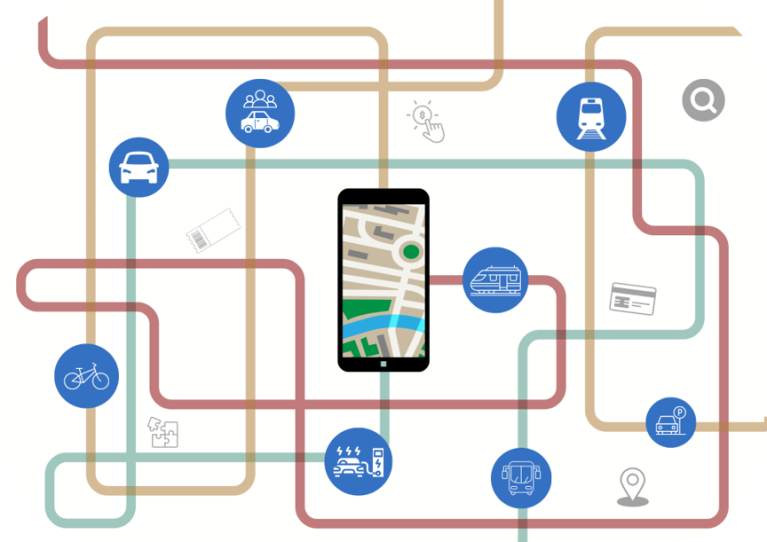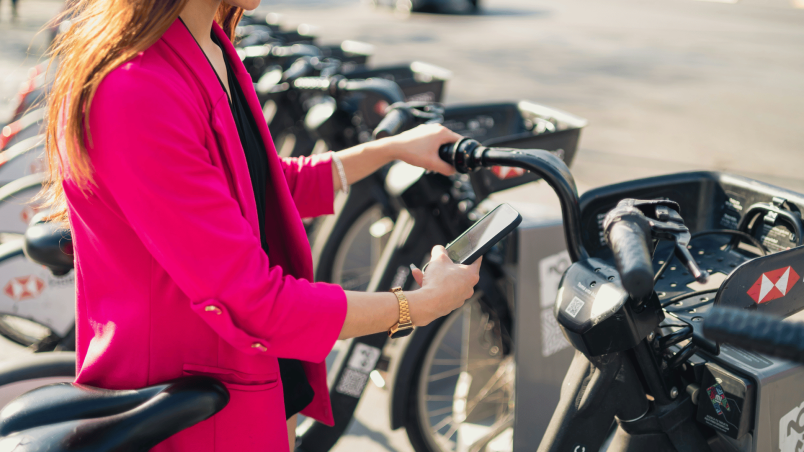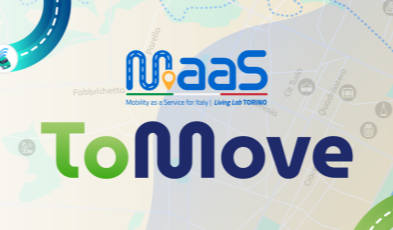Politecnico di Torino has been constantly striving - in a crescendo since 2013 - to promote a modern, flexible and co-modal approach to the daily commute of employees and students, i.e., sustainable in terms of both traffic and energy-environmental issues.
All round sustainable modal choices are therefore pursued - in terms of safety, quality and efficiency - by encouraging the use of shared transport, including public transport, promoting pedestrian and bicycle mobility, and generally favouring forms of motorised mobility with a low environmental impact, locally as well as globally; this applies to both service travel and daily journeys to and from the University.
The actions concern:
- promoting the use of shared transport, from public transport in the first place to mobility as a service, through incentives and agreements;
- monitoring the modal choices of the University’s staff and students to guide planning actions more effectively;
- the adoption and optimisation in the use of equipment, facilities and services on Campus for individual transport.
Since 2021, the Politecnico has adopted a Home-to-Work Travel Plan (PSCL), pursuant to Rector’s Decree No. 670 of 31 August 2021, and since then the document has been periodically updated.
Constant monitoring of the University's modal choices also allows a periodic estimation of aggregate consumption and consequent CO2 emissions for a review of the University’s progress towards decarbonisation.

MaaS, an acronym for Mobility as a Service, is an innovative mobility management model that integrates various public and private transport services into a single digital platform aimed at future mobility needs.
This solution allows users to organize their trips using different modes of transportation, such as trains, subways, buses, car and bike sharing, taxis, parking for private cars, and even charging stations, all through a single application. In this way, it’s possible to plan, book, and pay for multiple services based on personal needs, offering a multimodal, flexible, and better-integrated travel experience.
The City of Turin, in collaboration with the Politecnico di Torino, has launched a MaaS pilot program.
The pilot is currently available to all citizens who live, study, or work in Turin. The Politecnico di Torino has a dedicated version of the pilot for its employees, called MaaS Corporate, which offers participants a range of economic benefits for trips taken using this integrated transport system (MaaS), including those during their free time.

The Politecnico di Torino is actively involved in the MaaS4Italy project through the pilot of Corporate MaaS, the MaaS dedicated to the corporate and academic sectors, promoted by the City of Turin. The Politecnico is the first and only university participating in this experiment, along with three other companies in the metropolitan area with over 100 employees: Banca Patrimoni Sella & C., CNH Industrial Italia, and MICROTECNICA. The university is testing the available platforms for MaaS Corporate (Urbi, Wetaxi, and MoonyGo) with the voluntary participation of its employees.
Purpose and benefits of the initiative
The MaaS pilot aims to improve access to transport and complementary services through the use of digital platforms, offering users an increasingly agile, accessible, and modern mobility experience. Additionally, it seeks to meet diverse mobility needs, including private cars, and to promote the use of more sustainable means, thereby reducing dependence on individual motorized mobility and minimizing the negative impacts on road traffic.
In its Corporate version, the project provides access to aggregated data on user movements, useful for better understanding the mobility needs of staff. This information allows the University to more efficiently monitor home-to-campus commuting, improve campus accessibility, plan and optimize resources, and promote the adoption of more sustainable transport solutions, helping to reduce the overall environmental impact.
More generally, this important initiative aims for a city with smoother and safer daily mobility, reduced spatial and environmental impact from vehicle traffic, and more favorable conditions for interactions between people and their effective use of travel time.

